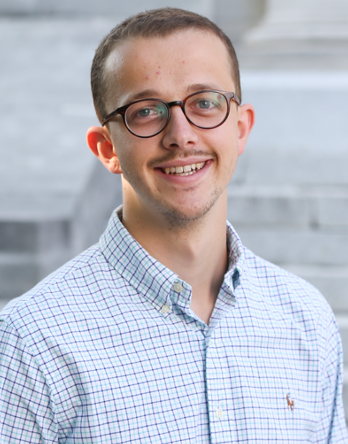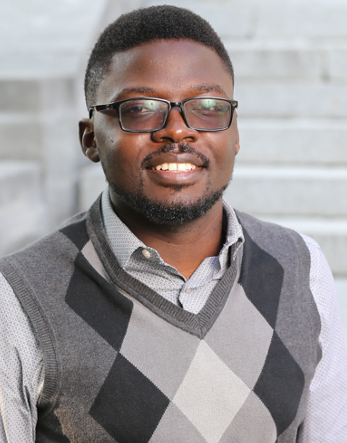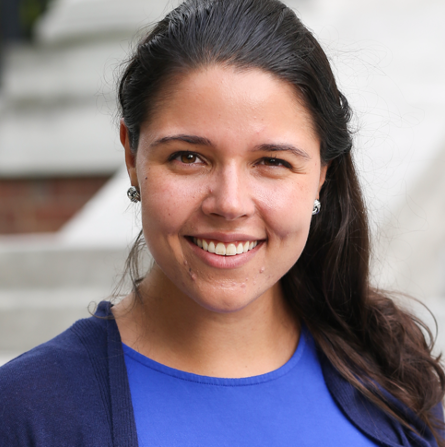Isaac Schlotterbeck ‘22, Bentley Akoko ‘21, and Sarah Rachal ’20 discuss changing perspectives on public health and adapting to new demands during COVID
by David Cohen

Master of Public Health students Isaac Schlotterbeck ‘22, Bentley Akoko ‘21, and Sarah Rachal ’20 reflected on their experiences at this one-year anniversary of COVID in the U.S. The three MPH students describe how their perspectives on public health have changed as part of the pandemic.
Schlotterbeck and Akoko both completed practicums with the Emerging Infections Program, a population-based network funded by the Centers for Disease Control and Prevention. The Emerging Infections Program (EIP) collects information on infections from a few states and extrapolates this data to evaluate infections throughout the US and its impact on public health.
“Since October 2019 I’ve been working with the EIP program,” said Schlotterbeck. “Traditionally, the program works on flu and RSV cases, but since March 2020 they transitioned to COVID case investigations. We review and extract information about hospitalized patients in seven Tennessee counties and send the information to the CDC,” said Schlotterbeck.

Akoko, who also works on the same EIP team stated “we were particularly interested in socio-demographic, clinical, and treatment information along with hospitalization outcomes. Occasionally, we conducted similar surveillance for Influenza.”
“My biggest takeaway was learning what it takes to conduct real time surveillance on an ongoing public health problem,” said Akoko. “I learned that this requires a high level of adaptability. As new findings about the disease emerged on a regular basis, data collection tools and the information collected were constantly being modified to capture new information. This adaptability ensured that all relevant information was captured. Seeing this in action and being a part of the process is something that will benefit me for my entire career.”
Schlotterbeck noted, “It’s really interesting to understand how public health works in practice. You can understand basic concepts taking classes, but there’s a difference when you experience it and work with people on the front lines. Communication however is the most important thing. You can’t have conflicting messages and need to be succinct. Almost everyone I know from my program has a job where you’re working in a natural public health capacity rather than just being a student, and there’s really a breadth of options to engage in outside work. Had I not been an MPH student, I don’t think I would have ever found this opportunity.”

Sarah Rachal had also been engaged in hands on public health COVID work. She volunteered at the Shade Tree Clinic Telehealth Triage, and with both the Metro Health Department, and Vanderbilt’s Family Support team. Rachal had the responsibilities of setting up visits and medication deliveries, as well as responding to calls about COVID test results and coordinating students providing child-care to health care providers. As an MPH alumnus and current medical student, she is now completing her clinical courses and interviewing for residency positions.
“While pursuing my MPH practicum, I practiced skills like stakeholder engagement, developed monitoring and evaluation tools, and learned about health behavior change,” said Rachal.
“During COVID, I learned the value of public health communication strategies. I gained an appreciation for the challenges and opportunities associated with tackling public health issues on a local level. Previously, I had thought about public health challenges more at a state and national level. All of these levels impact each other, of course, but as a future clinician I think I will have the greatest impact by working with organizations in my immediate community,” said Rachal.
All of the students are extremely grateful for the opportunities they have received and the camaraderie that Vanderbilt offers.
Akoko remarked, “the amount of guidance, support and mentoring I have received from faculty and staff at every step of the training has exceeded the expectations I had coming into the program. Each time there has been a challenge, there has always been someone very willing to do their best to help me find a solution.”
Quotes have been edited for clarity and length.
